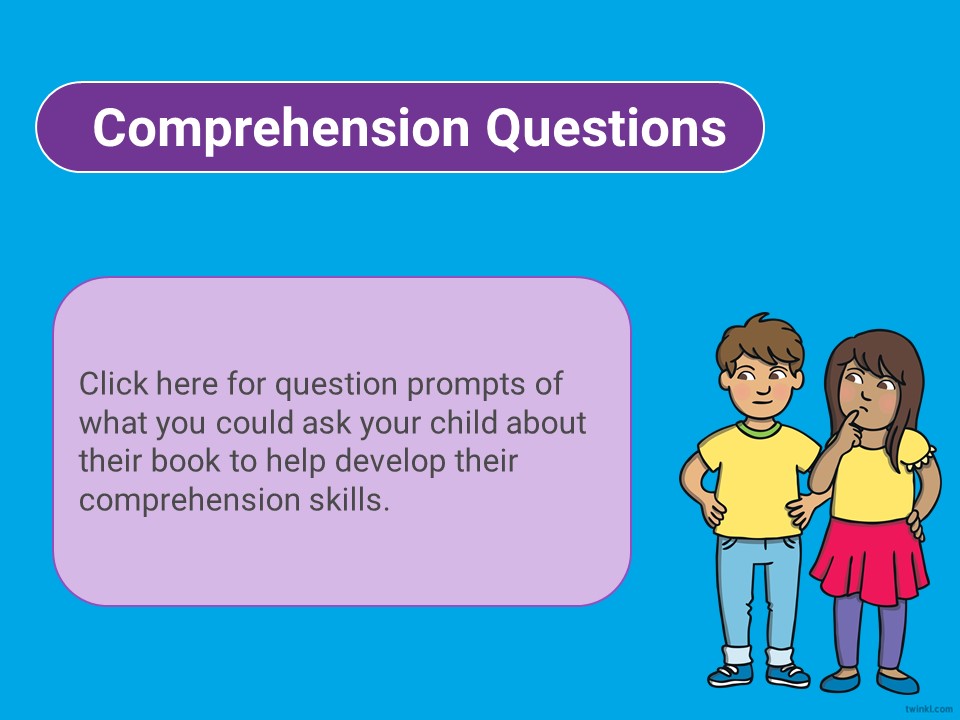Reading and phonics
At Heatherside we believe that reading is a key life skill. We aim to teach children the skills needed to be accurate and fluent readers, as well as developing a love for reading. Our curriculum and learning environments are book and language rich. Books are at the heart of our curriculum, opening doors to knowledge and imagination.
We teach the children the essential skills for early reading such as decoding and comprehension to allow them to be able to access the breadth of the curriculum and be ready for the next stage of their education. For more information on our reading curriculum please click here and for further information on phonics please see below.
Children have daily opportunities to read.
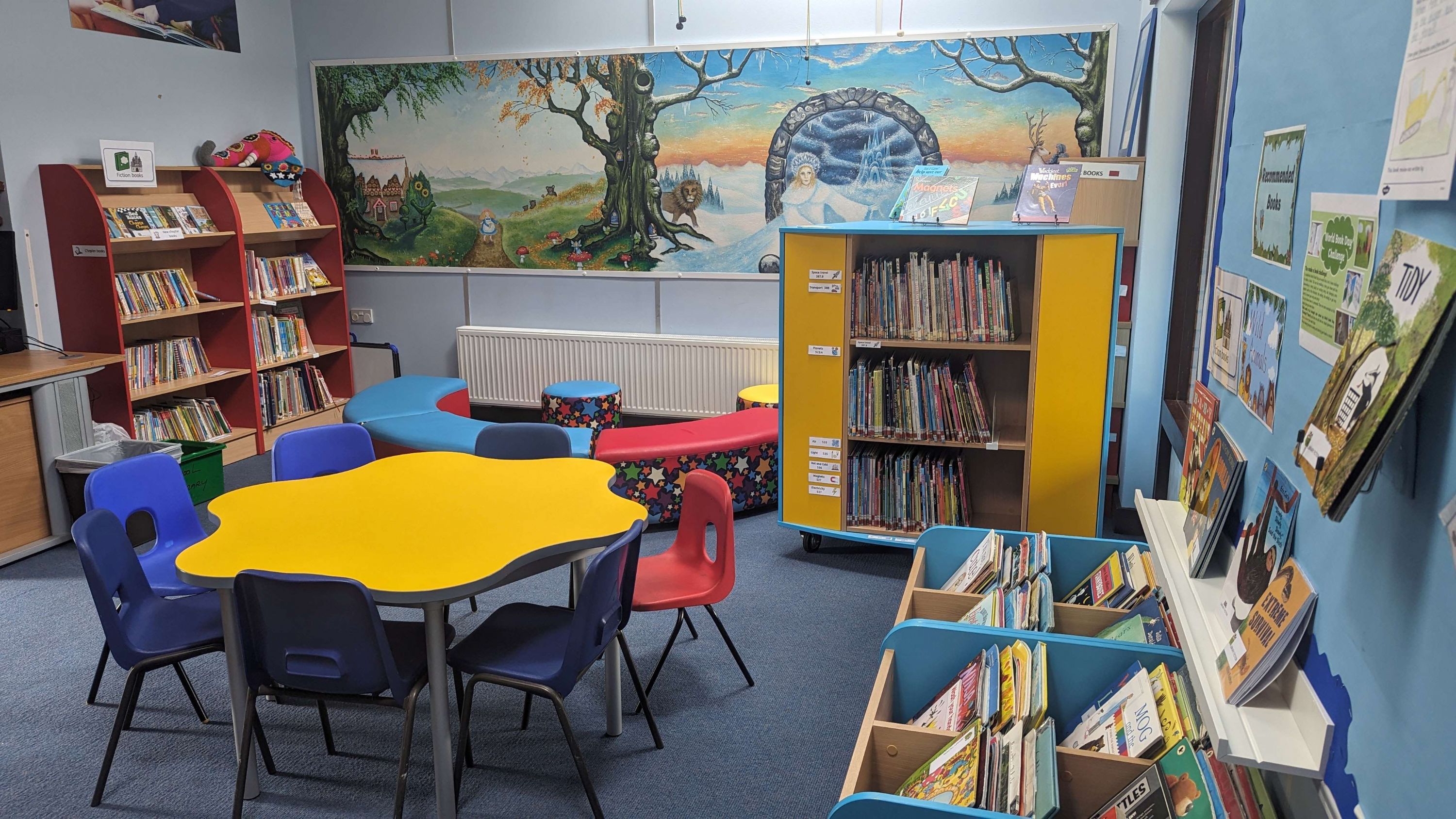
Children visit our school library to choose from a wide range of books, selecting one to bring home and share each week.
These children in Year R are acting out the story of 'Whatever Next' by Jill Murphy.
Phonics
At Heatherside we use the Twinkl Phonics structured synthetic programme. The structure of every Twinkl Phonics lesson follows this familiar five-part structure to ensure that all aspects of effective phonics teaching are covered. Twinkl Phonics is taught through the use of actions, mnemonics and engaging stories, where characters and events link to the sound/focus being taught. Daily phonics lessons include revision of previous learning, new teaching, clear modelling from the adult and the chance to practise and apply. Our decodable book scheme means that children read, and bring home, books that are closely matched to their level of phonic attainment so they can practise reading the phonic sounds in a different context. In depth assessments take place at the end of each taught unit to ensure that children are secure in their phonic knowledge.
Twinkl Phonics sequence and progression of sounds and exception words
Reading with your child
Your child will have a decodable reading book sent home in their book bag. Please aim to read with your child at least three times a week - this extra practice is invaluable to support what they are learning in school. The decodable book will have a sticker on it that matches the level of the Twinkl Phonics scheme that they are learning. Every child also has a reading diary. This is an important two way communication between home and school. Comments in the reading diary, such as how fluently your child has read are really helpful; if you are short on time, just the date and book title to let us know you have read at home is fine too. The centre of your diary also has all the phonic sounds for your reference.
Most books have phonic sounds and common exception (or 'tricky') words to practise before they start reading. Whilst reading, encourage your child to sound out any unknown words and blend the sounds together. Try to help them spot tricky words or repeated words to help them build up their fluency. Sometimes rereading a page after decoding can help the child read it a second time with greater fluency and understanding. Please speak to your child's class teacher if you have any questions about reading and how to support this at home.
Quick Links:
National expectations by the end of Year 2
Help your child with Reading
Common exception words
/_site/data/files/documents/4%20curriculum/phonics/43DB6970FE170E6E972B0B00CDDC3003.pdf/_site/data/files/documents/4%20curriculum/reading/7956BE19628C953B78B87ED6970F65DB.pdf

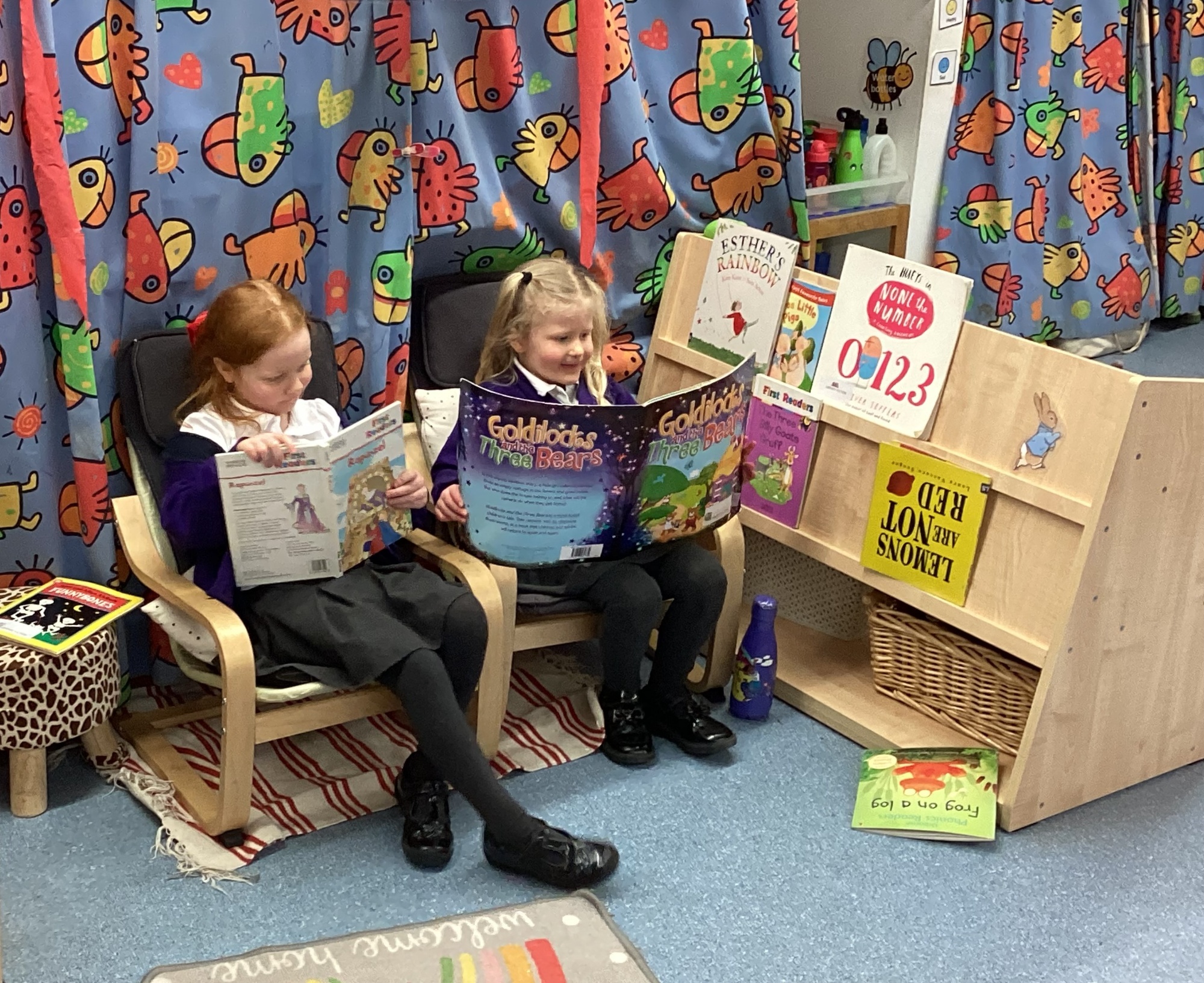

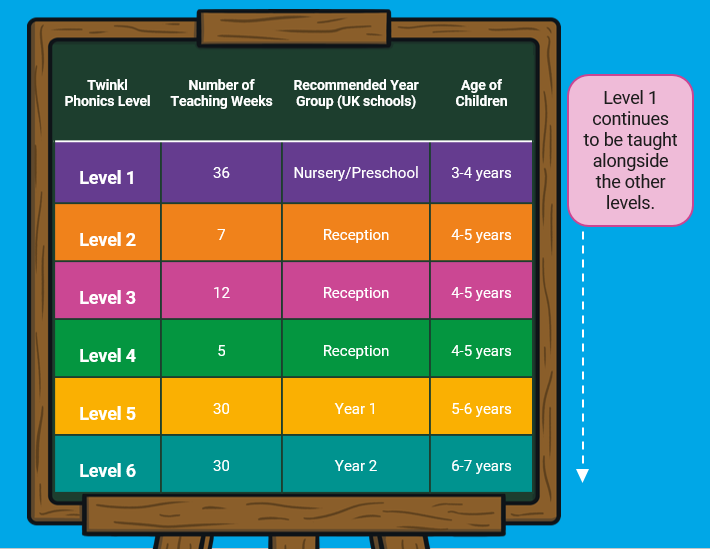 Sequence of Twinkl Phonics teaching
Sequence of Twinkl Phonics teaching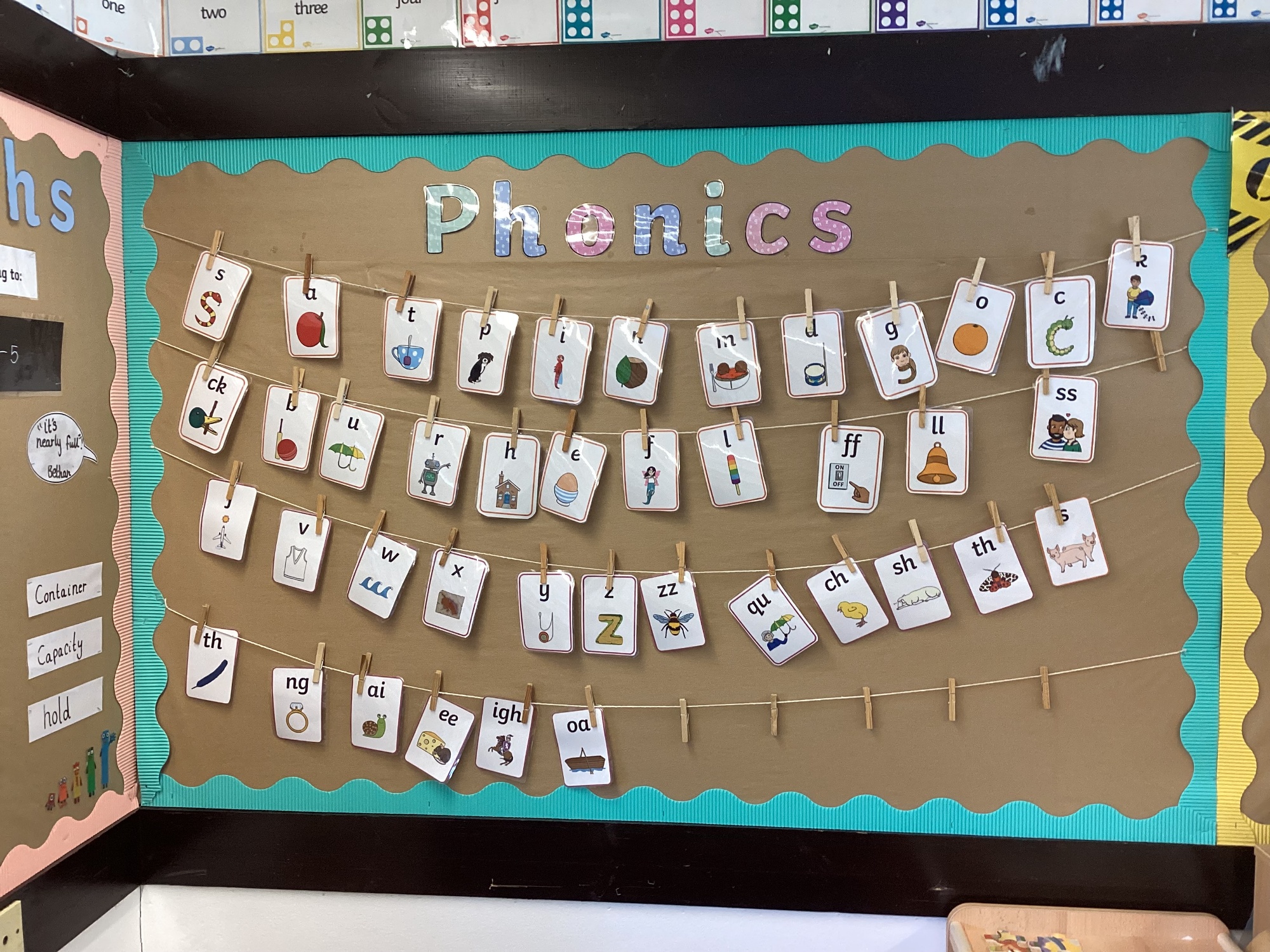 All classrooms have resources to support phonics learning
All classrooms have resources to support phonics learning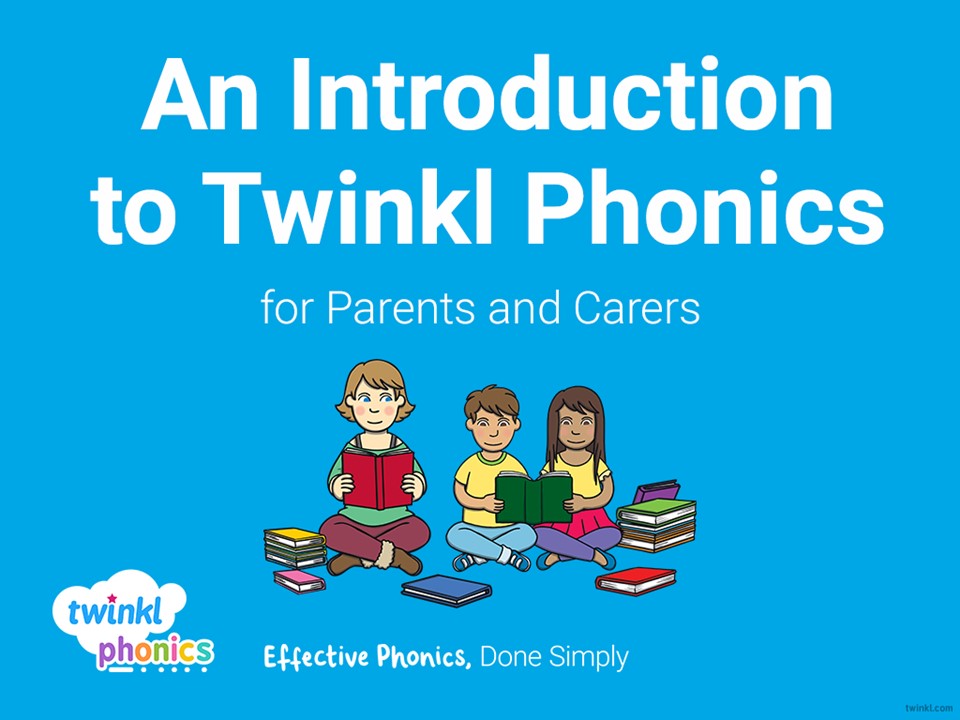
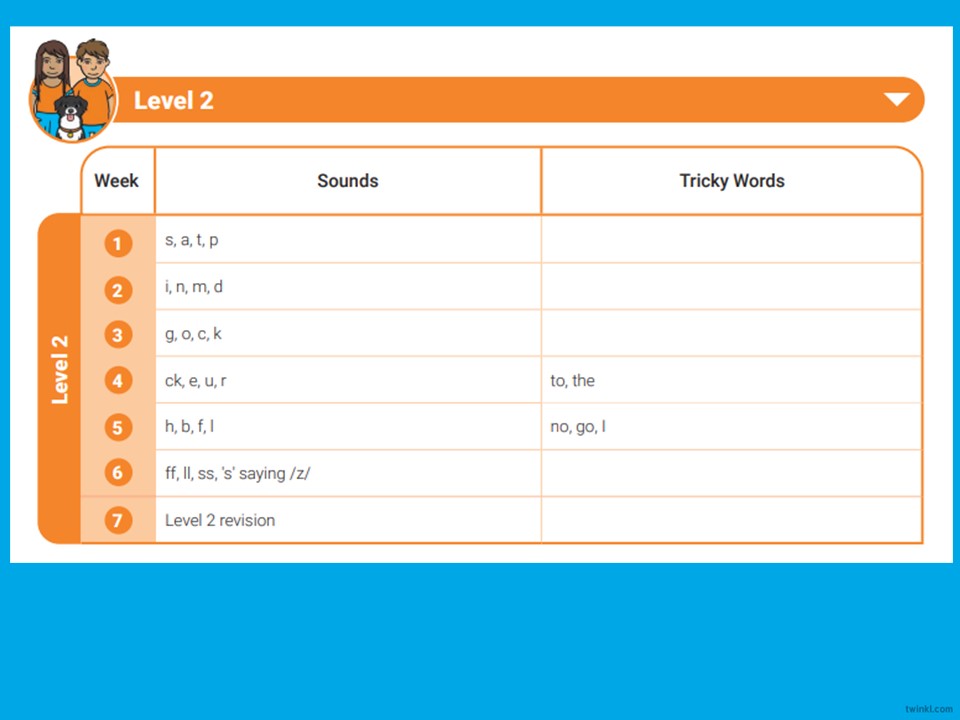
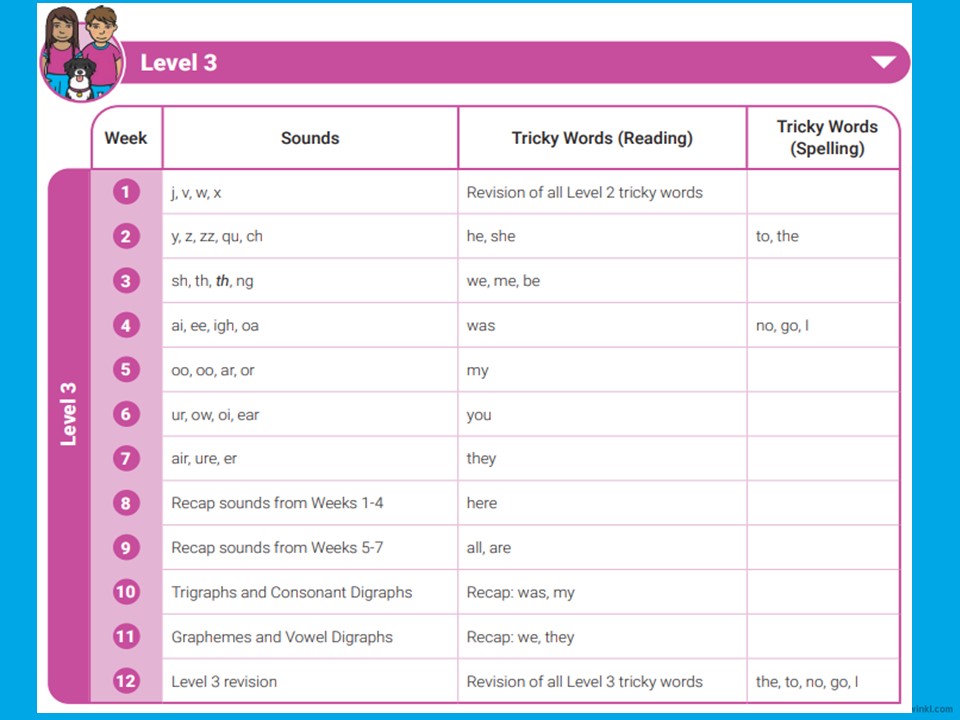
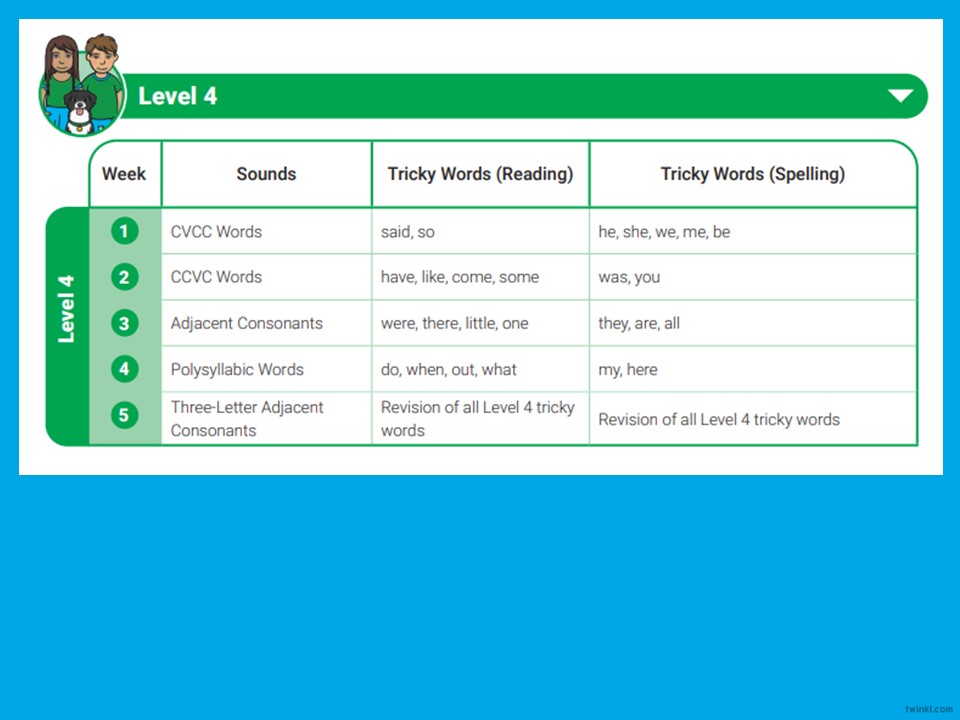
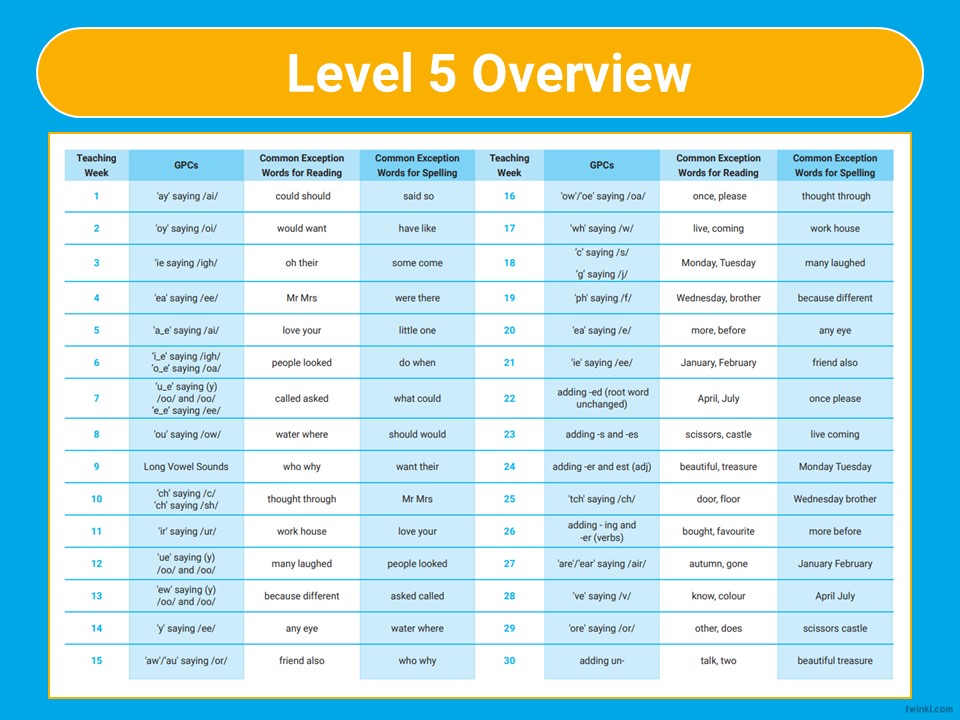
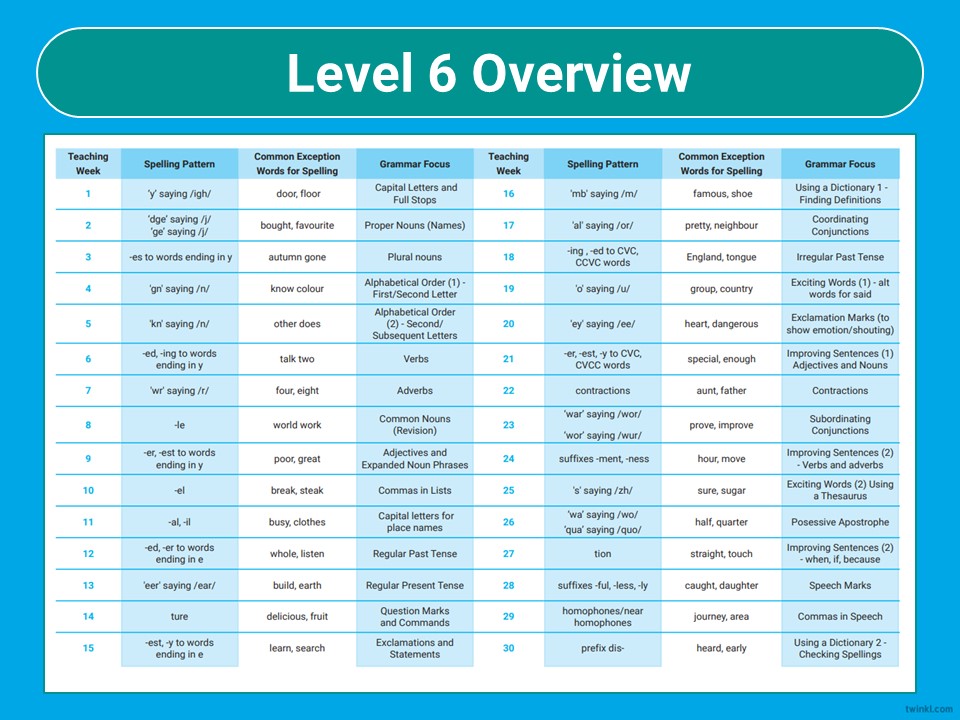
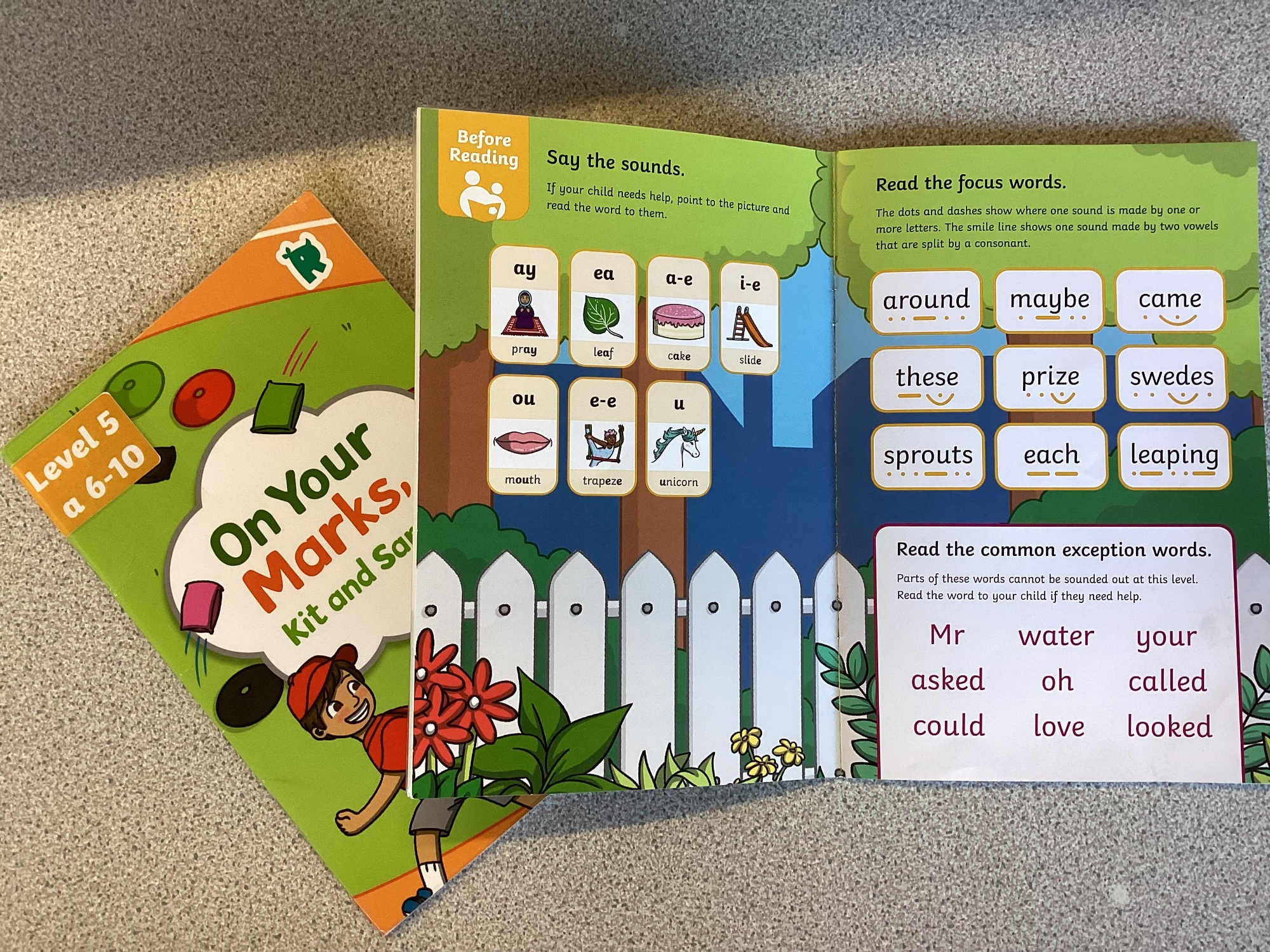 Decodable books with a recap of sounds and common exception words to practise before reading
Decodable books with a recap of sounds and common exception words to practise before reading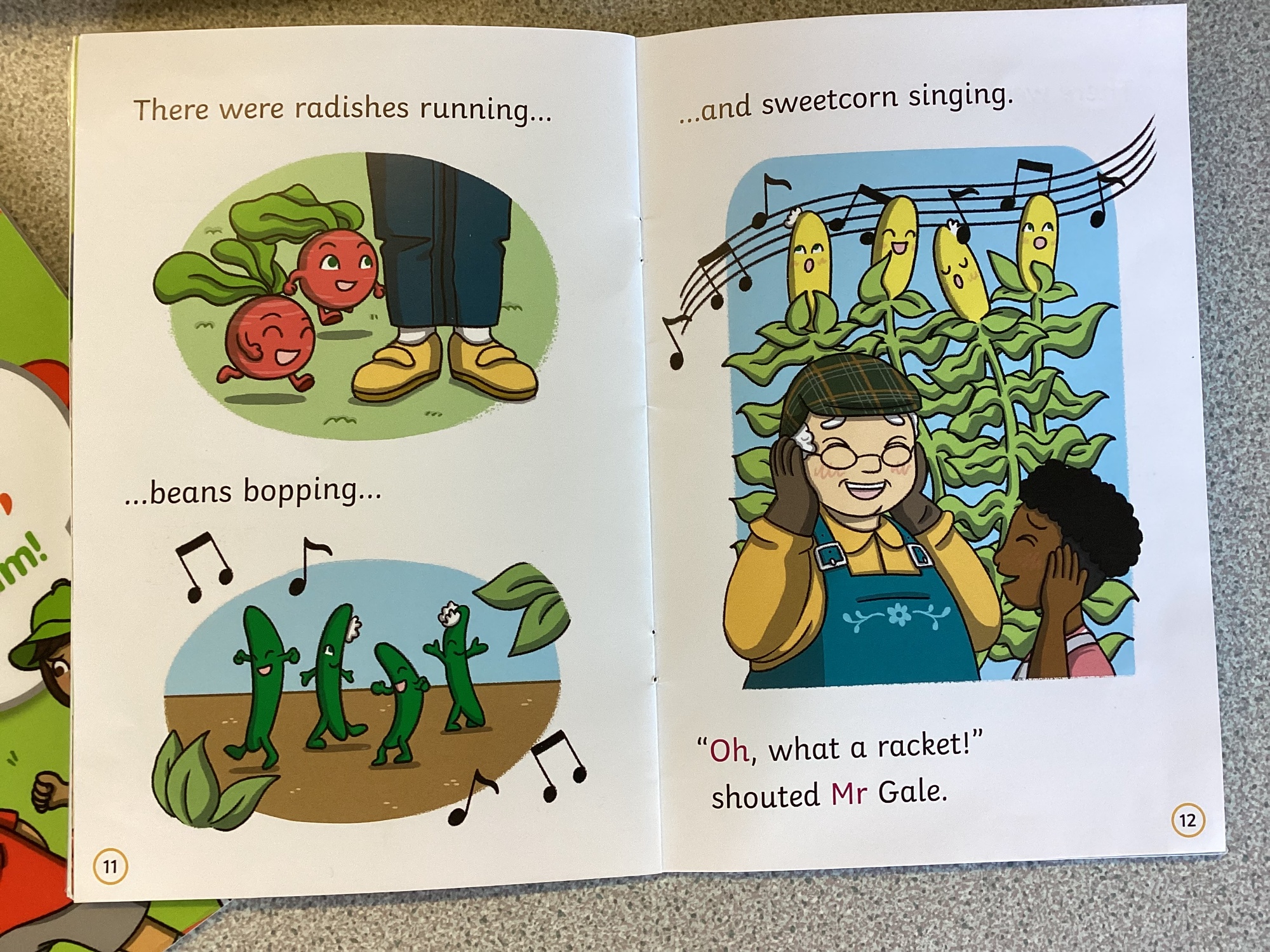 Decodable books are matched to your child's phonic level assessed by the teacher
Decodable books are matched to your child's phonic level assessed by the teacher